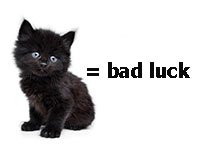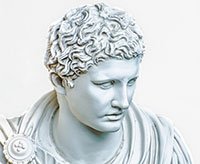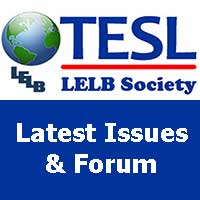Paradigm Definition & Examples from 601 Words
Paradigm definition and examples from the book 601 Words You Need to Know to Pass Your Exam in authentic context with images and illustrations. Listen to any word in this real context and learn vocabulary in context. /ˈpær.ə.daɪm/ (noun) Paradigm definition a clear model or typical example of something, paragon, archetype, epitome, ideal, pattern, exemplar, …









